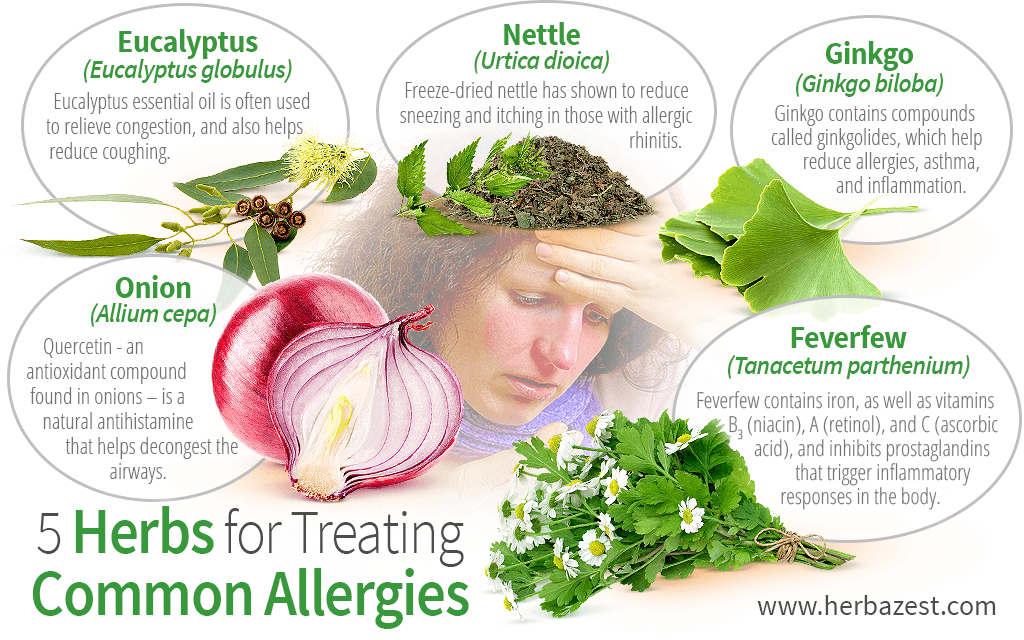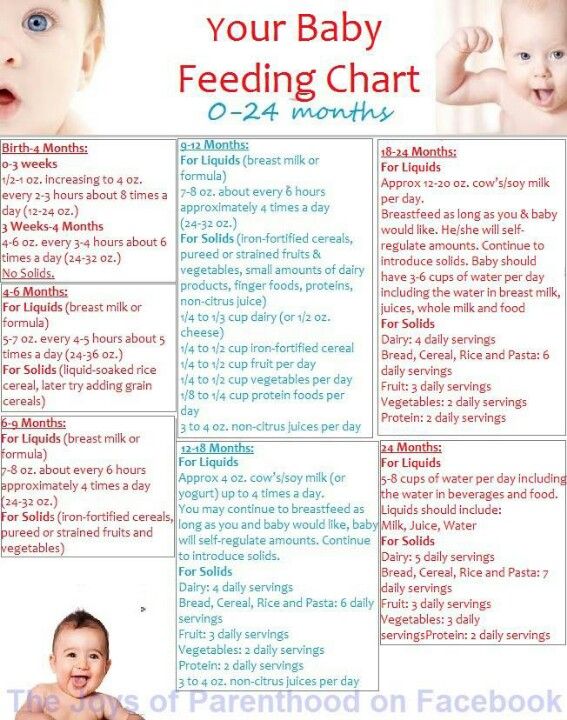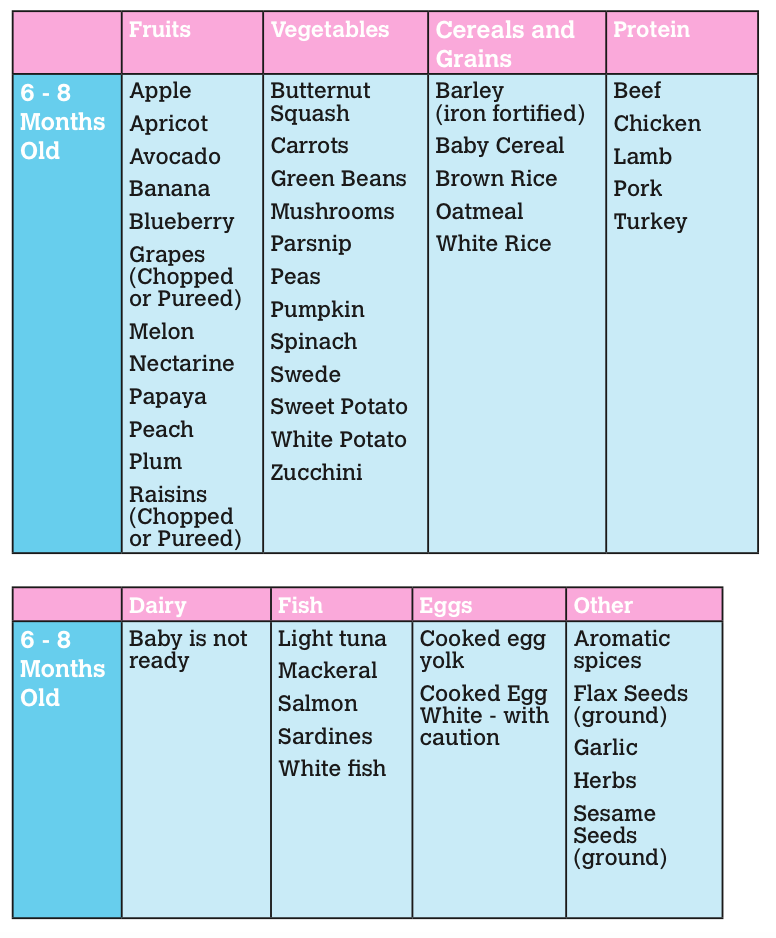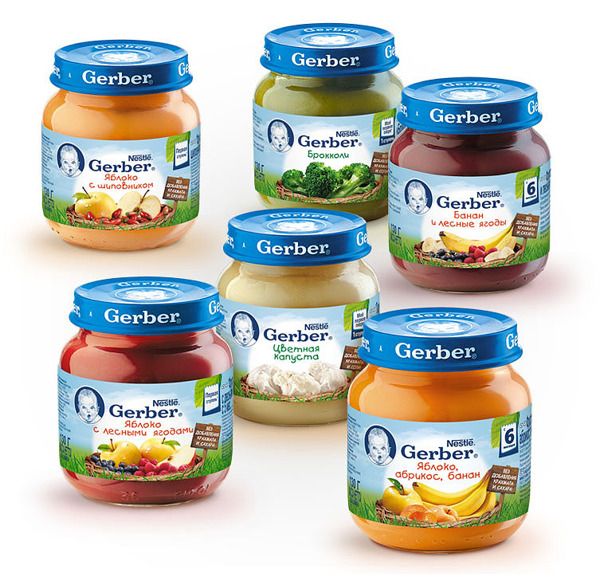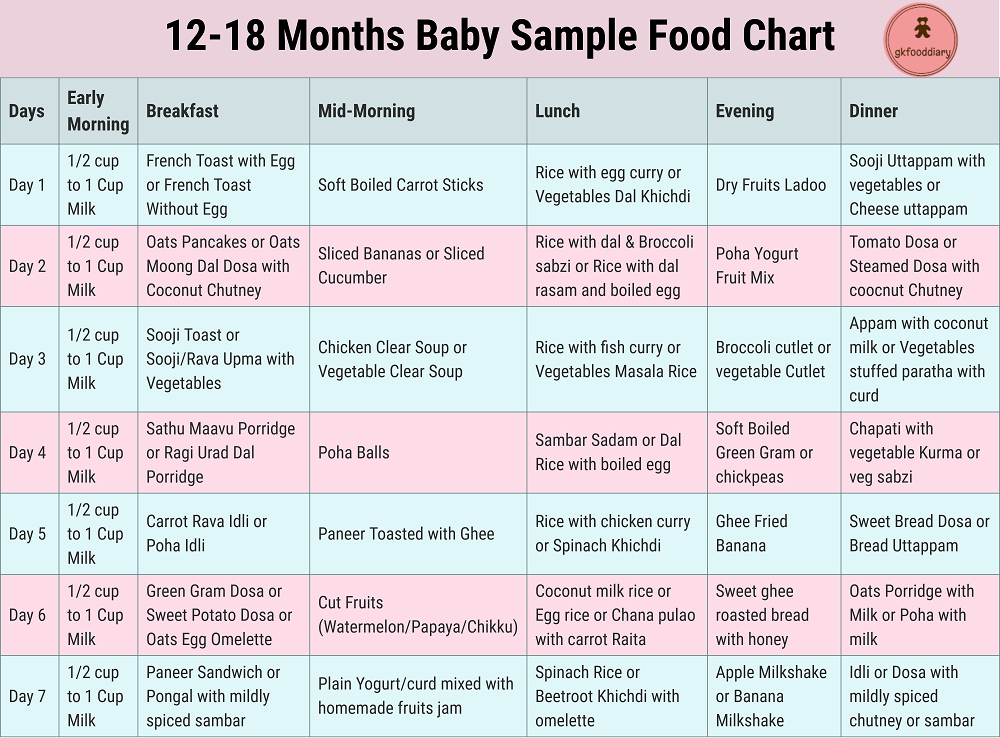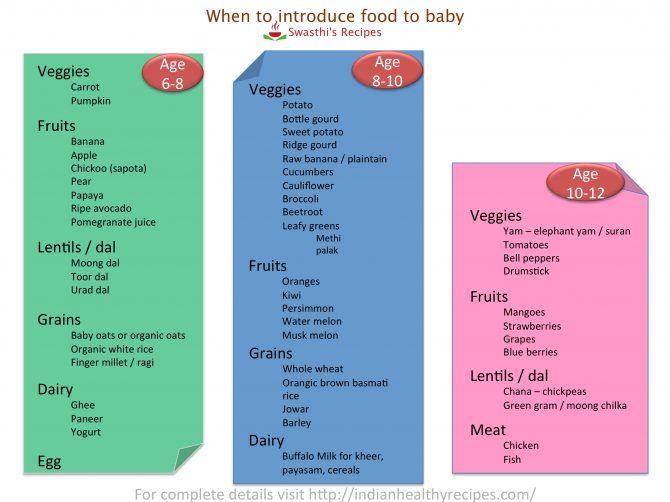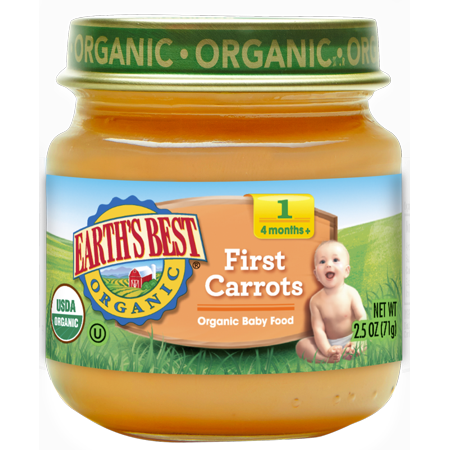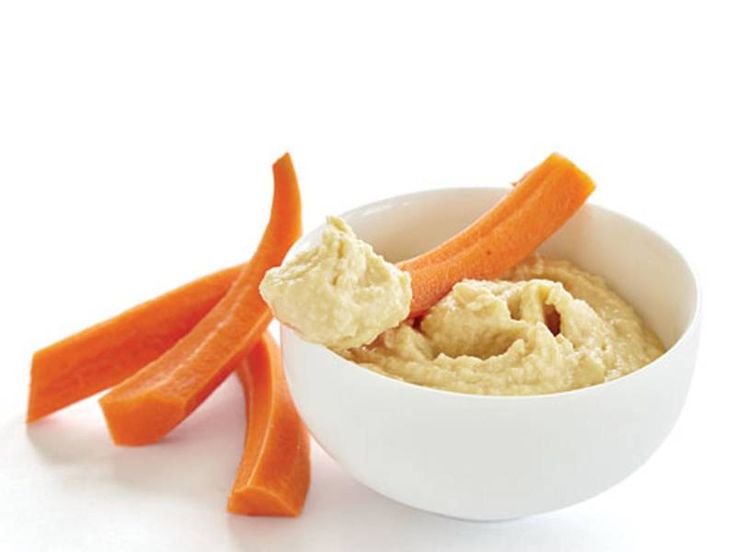Food for baby immune system
Healthy eating to support your baby's immune system
Your baby’s immune system and how it develops
It might be hard to imagine, but your child’s immune system started developing before they were even born. Your antibodies were passed to your baby through the placenta, and they continue to protect them in the first months of life, against the bacteria, viruses or allergens that you’ve already been exposed to. As their immune system develops, your baby will create their own antibodies. Mild childhood illnesses stimulate the immune system, triggering the creation of more antibodies that fight illnesses and prevent them in the future.
Amazingly, the immune system keeps a record of every bacteria or virus it has been exposed to, which is why it responds so quickly the next time you come into contact with the same illness.
Nutrition builds your baby’s natural defences
Over the last few years, there has been a lot of research focused on the gut. It is the home of most of our immune cells, which is why a healthy balanced diet is key in promoting a healthy immune system. From the moment your child is born, breastmilk is the best source of nutrition, providing all the necessary nutrients and factors, including antibodies, that support their immune system. When you start weaning, a wide range of nutrient-rich foods, including good sources of prebiotics, will help build your child’s natural defences and contribute to their long-term health.
Breastfeeding: nature knows best
The first few years of a child’s life is a period of significant growth and development. Breastmilk naturally contains most of the nutrients your child will need for growth, including carbohydrates, fat and protein as well as compounds that will benefit your child’s immune system, such as antibodies and prebiotics.
It’s fascinating that your antibodies pass to your baby through breastmilk. For example, if you have a cold when you’re breastfeeding, the antibodies you produce to fight the cold will automatically be passed to your baby through your breastmilk, supporting them in fighting against the cold as well.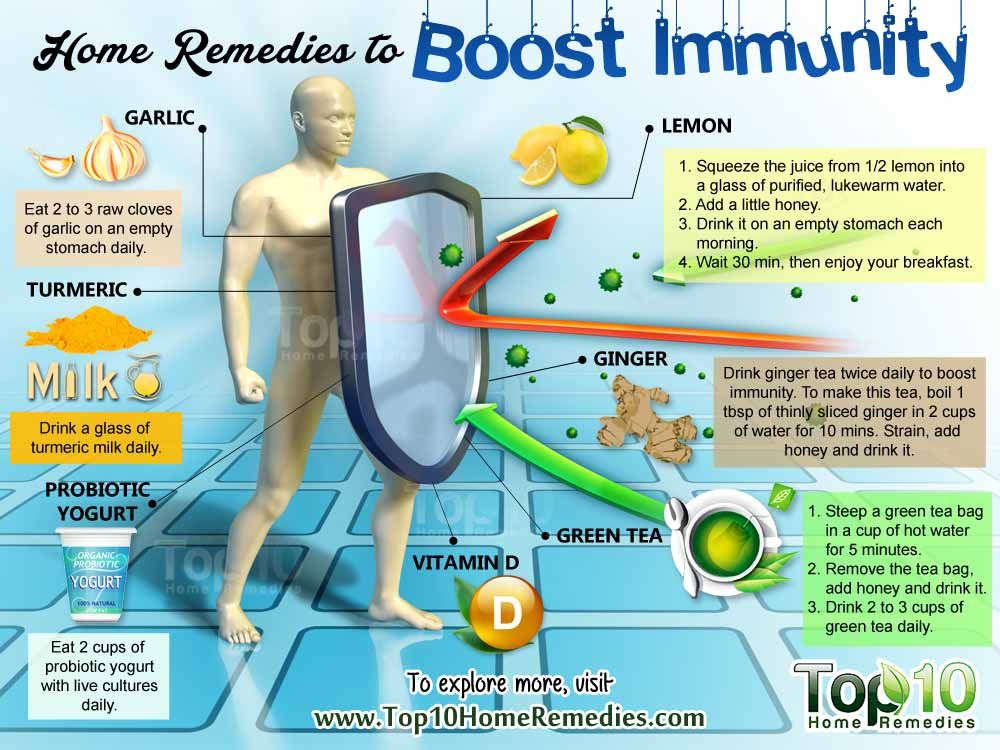 Did you know that when your child is sick, your breastmilk composition will adapt to further support your baby’s immune system?
Did you know that when your child is sick, your breastmilk composition will adapt to further support your baby’s immune system?
Breastfeeding in light of Coronavirus
Today, there is no concrete evidence to suggest that the virus can be transmitted through breast milk. The WHO advises that mothers continue breastfeeding given its numerous benefits. We also believe the benefits of breastfeeding outweigh any potential risks of transmission of the virus through breastmilk or by being in close contact. However, this is an individual decision which we strongly encourage you to discuss with your midwife, health visitor or GP.
Symptomatic mothers well enough to breastfeed, should take precautions to limit potential spread of the Coronavirus to their baby. This includes wearing a mask when near their child (including during feeding), washing hands before and after contact with their child (including feeding), and cleaning/disinfecting contaminated surfaces –as should be done in all cases where anyone with confirmed or suspected Coronavirus interacts with others, including children.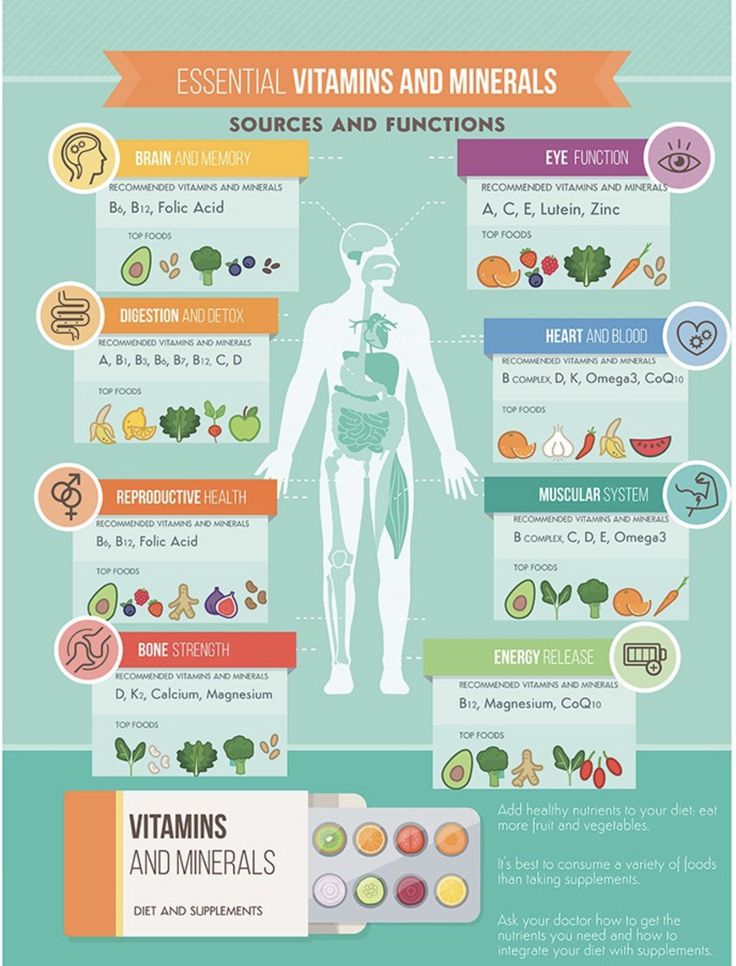
If a mother is too ill, she should be encouraged to express milk and give it to the child via a clean cup and/or spoon, or consider asking someone who is well to feed the expressed breast milk to the baby –all while following the same infection prevention methods, subject to medical advice.
While you're breastfeeding, it's important to look after yourself too. From staying well hydrated to eating a healthy balanced diet while breastfeeding, the nutritional choices you make enable your baby to get the vitamins and minerals they need to support their growth and development, while also helping you sustain your energy levels. And finally, take some rest throughout the day.
When breastfeeding is not possible, it’s important to choose a suitable age-appropriate formula. Formula milk will supply your child with all the necessary nutrients for the first six months. Before using any formula milk, please consult your midwife, health visitor or GP for advice
Afterwards, you can start to introduce solid foods to your baby’s diet, following the advice of your midwife, health visitor or GP.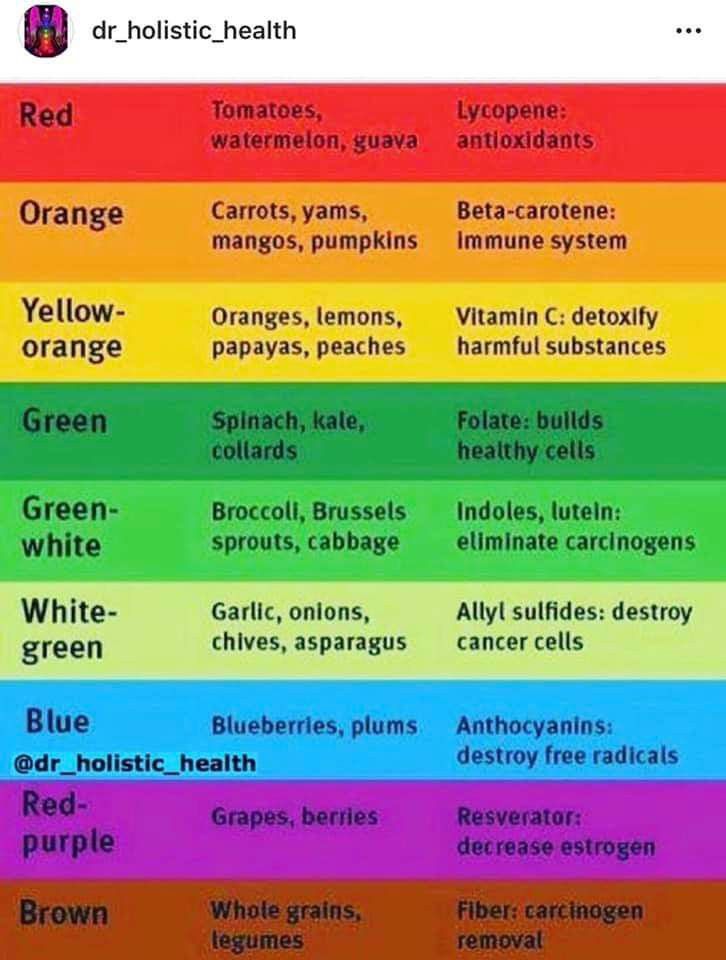
In addition to milk, children between six months and five years may need additional supplements like vitamin D, which can be prescribed by your paediatrician.
Diet and the Coronavirus: the facts
The Coronavirus is an infectious disease. There is currently no evidence that any specific foods or diet can protect against or treat Coronavirus.
It is advised to eat a healthy balanced diet, rich in fruit and vegetables that are a good source of nutrients that support the immune system. This applies to both adults and children.
Good hygiene practices, social distancing, self-isolation – especially of those who show symptoms, are currently the best ways to prevent infection.
In general, our health always benefits a balanced diet, regular exercise and good sleeping habits. Now more than ever, we need to take extra good care of ourselves by observing all the recommendations issued by our health authorities.
How nutrients support your baby’s immune system
Your child’s growth and development depend on a healthy diet.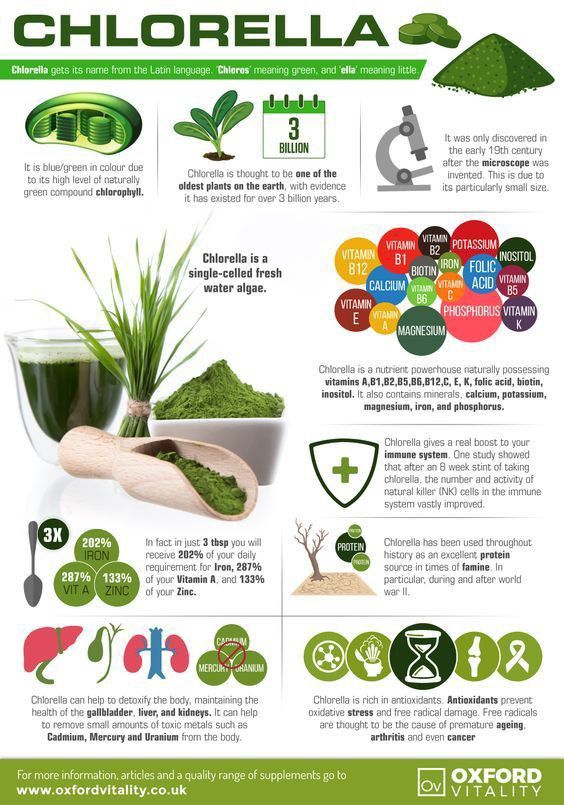 We know the benefits of the five food groups, and the importance of not consuming too much sugar and salt. But when it comes to supporting the immune system, specific vitamins, minerals and prebiotics play an essential role. Nutrient-rich foods can be incorporated into your child’s diet after six months, in accordance with your healthcare professional’s recommendations.
We know the benefits of the five food groups, and the importance of not consuming too much sugar and salt. But when it comes to supporting the immune system, specific vitamins, minerals and prebiotics play an essential role. Nutrient-rich foods can be incorporated into your child’s diet after six months, in accordance with your healthcare professional’s recommendations.
Iron
Iron is essential to the formation of hemoglobin, the protein in red blood cells that transports oxygen around the body. Iron supports cognitive development in children. Iron deficiencies, known as anemia, can affect the immune response, leading to an increase in infections in children.
Thankfully, there’s a wide array of iron-rich foods to choose from, including red meat and plant-based alternatives, beans and nuts, wholegrains such as brown rice, leafy green vegetables – such as kale and spinach, plus fortified breakfast cereals and infant and follow-on formula and young child formula.
Vitamin C
Vitamin C is a natural antioxidant used by white blood cells to fight infections, and it also helps with the absorption of iron.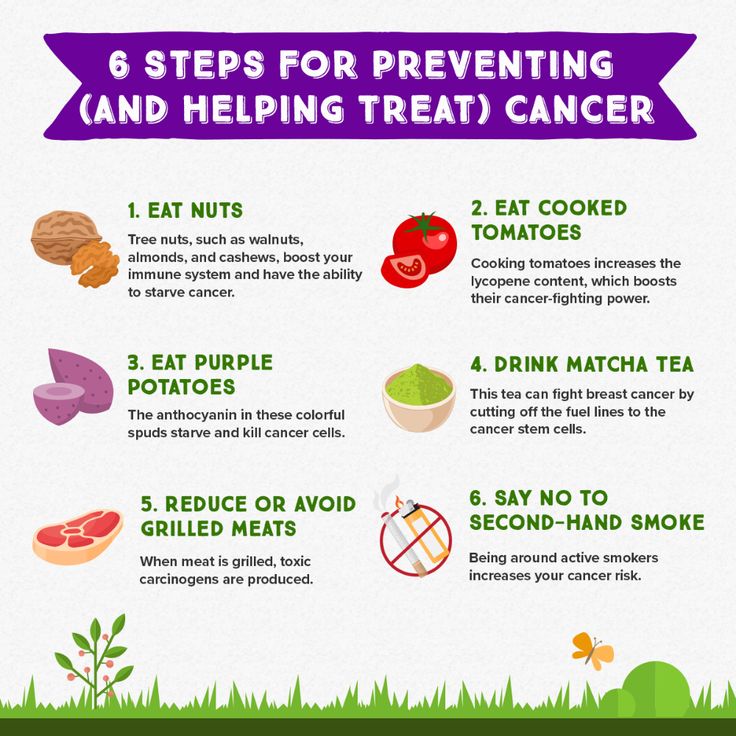 Vitamin C is found in many fruits and vegetables, such as oranges, kiwis, blackcurrants, peppers, broccoli and spinach.
Vitamin C is found in many fruits and vegetables, such as oranges, kiwis, blackcurrants, peppers, broccoli and spinach.
Zinc
Zinc is a mineral found in all cells throughout the body. It helps the immune system to fight off invading bacteria and viruses by creating new cells and enzymes. It also helps to heal wounds. Your child’s daily zinc requirements can be found in nutrient-rich foods, such as meat, dairy products (such as milk and cheese) and wholegrain breads and cereals.
Vitamin D
Vitamin D plays a part in the normal functioning of your child’s immune system, which is your child´s first line of defence against infections. Vitamin D is also needed to absorb calcium in the body, contributing to the development of your child´s bones and teeth.
Normally, exposure to sunshine contributes to our natural daily need of Vitamin D. As many of us are currently in confinement to prevent the spread of the Coronavirus, we may not be getting our daily dose of sunshine.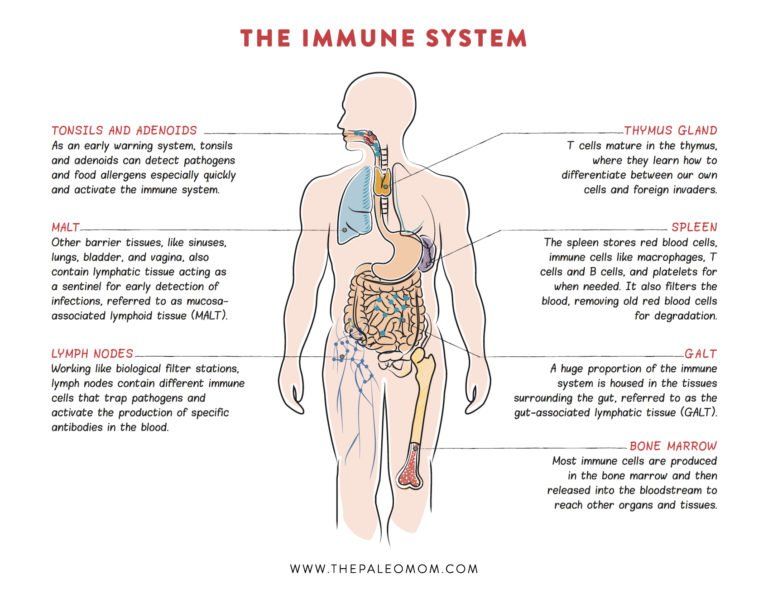 So, it’s especially important to ensure we’re all getting enough vitamin D, be it through diet or vitamin D supplementation. Please consult your healthcare professional for information regarding vitamin D supplementation.
So, it’s especially important to ensure we’re all getting enough vitamin D, be it through diet or vitamin D supplementation. Please consult your healthcare professional for information regarding vitamin D supplementation.
The best dietary sources of vitamin D are oily fish, such as salmon and mackerel, eggs, some mushrooms, fortified breakfast cereals or infant and follow-on formula as well as young child formula – check the label.
Vitamin A
Vitamin A supports the immune system by strengthening white blood cells and generating the antibody immune response. Vitamin A also helps in the formation of cells as your child develops.
You can find vitamin A in animal-based products, such as liver and eggs, and dairy-based foods, such as yoghurts and cheese. The body can get vitamin A from some fruits, like mangos, and from dark leafy greens, like cabbage and kale, as well as from orange vegetable, like carrots and sweet potatoes.
Prebiotics
Prebiotics encourage the growth of beneficial bacteria in your gut while protecting against harmful bacteria.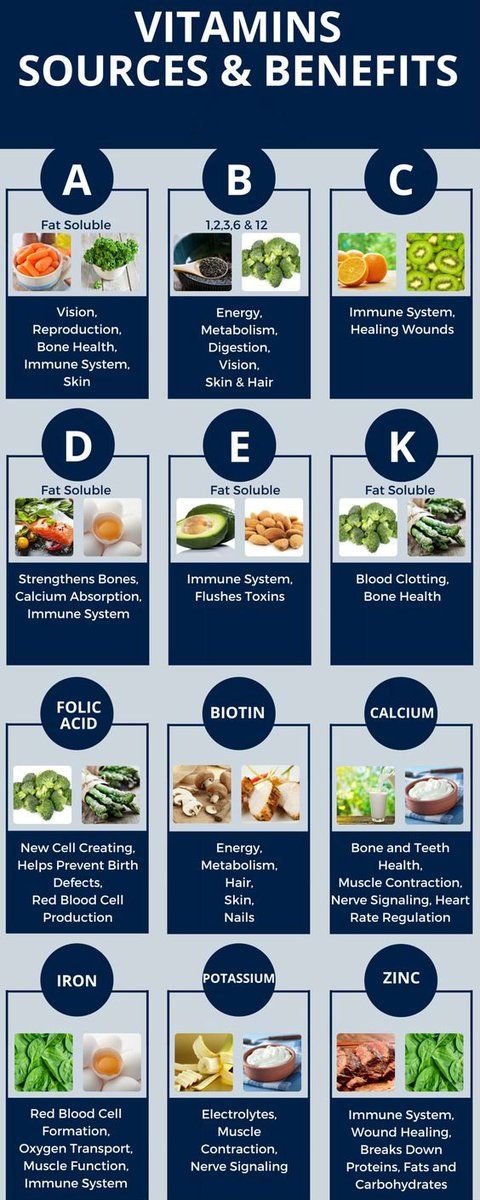 In addition, fiber in foods such as wholegrains are important for gut health.
In addition, fiber in foods such as wholegrains are important for gut health.
Prebiotics are found in bananas, chicory, onions, tomatoes and perhaps, more surprisingly, garlic. Certain infant formulas, as well as follow-on milks and young child formulas are fortified with prebiotics; the latter ones can complement a balanced diet.
The combination of fruits, vegetables, wholegrains, protein sources such as meat or fish, fats and dairy will provide your child with the vitamins, minerals and other nutrients that are essential to a healthy immune system. In times of confinement, careful meal planning and healthy snacks ensure that you’ll be able to provide your child with the most balanced diet possible.
Information on this page is not intended to be a substitute for professional medical advice. Always seek the advice of a healthcare professional if you have any questions or concerns.
5 Immune-Boosting Baby Foods
Colds, flu, and stomach bugs are no fun for anyone, of course, but these chilly-season illnesses can be especially challenging (or even a bit scary) when they infiltrate your family’s tiniest tykes.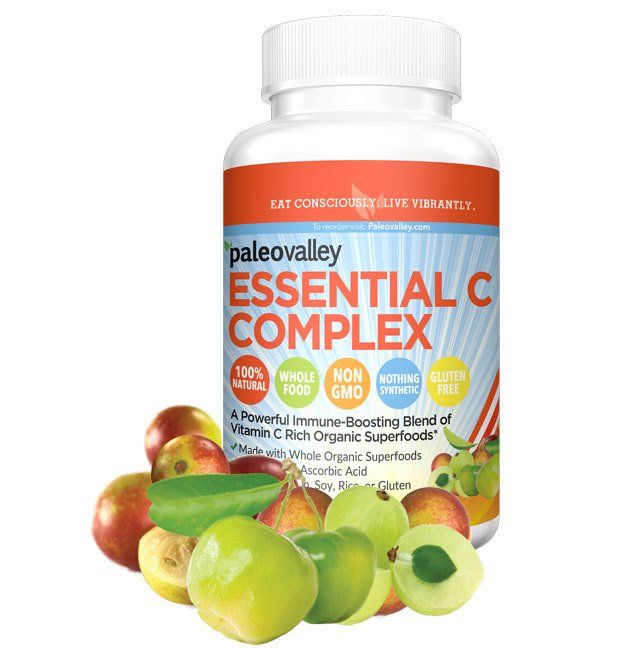 Parents, siblings, and caregivers can help prevent spreading sickness to babies by getting a flu shot (babies can get the vaccine, too, after six months), frequently washing their hands, covering coughs and sneezes with a tissue, and distancing themselves from little ones if they do get sick.
Parents, siblings, and caregivers can help prevent spreading sickness to babies by getting a flu shot (babies can get the vaccine, too, after six months), frequently washing their hands, covering coughs and sneezes with a tissue, and distancing themselves from little ones if they do get sick.
If your baby is eating solid foods, you can also support her good health by dishing up tasty foods that boost her immunity.* Add these five ingredients into your family’s meal rotation and help everyone keep those bad bugs at bay!
1. Whole-Fat Plain Yogurt
Plain yogurt is a great way to get probiotics, the good bacteria that help your baby fend off harmful bacteria in the digestive system, promote overall immunity, and ease side effects if she ends up needing antibiotics. (Look for products labeled with a “Live & Active Cultures” seal from the National Yogurt Association.) Yogurt is also a good source of the immunity-boosting crusader vitamin D and protein, which helps grow, maintain, and repair every single cell in the body, including infection-fighting white blood cells.
You can serve yogurt by itself (but don’t use sweetened varieties) or stir it into fruit or veggie purées as a healthy way to balance the tartness.
Everyone Belongs In Our Circle
At KinderCare, we’re committed to building warm, welcoming and supportive classrooms for children of all abilities, backgrounds and experiences.
Find a center near you
2. Sweet Potatoes
These in-season yellow-orange tubers are packed with beta carotene—our bodies convert this nutrient into vitamin A, which is essential for healthy immune system function. Carrots, squash, pumpkins, mangoes, and dark, leafy greens are other good sources of beta-carotene.
Find out how to prepare your sweet potatoes with our easy guide.
3. Avocado
This deliciously creamy fruit is a good source of both vitamin E (a potent antioxidant) and vitamin B6, which helps build the cells of the immune system and increase immune response.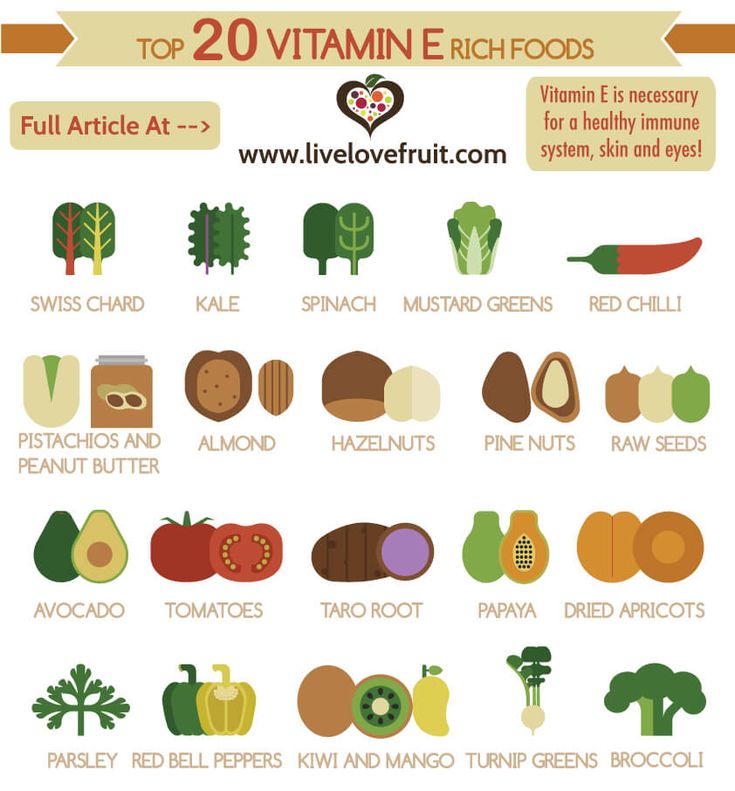 The omega-3 fatty acids in avocados also help the body better absorb immune-boosting nutrients, so including it in baby’s dinner will make the most of all the healthful ingredients that go in his mouth.
The omega-3 fatty acids in avocados also help the body better absorb immune-boosting nutrients, so including it in baby’s dinner will make the most of all the healthful ingredients that go in his mouth.
Purée or mash avocado well before serving. If baby is around 10 months old, you could also try the Spunky Coconut’s simple DIY avocado-pear ice pops—they might even help with teething!
4. Brown Rice
These nutritious little grains are packed with the essential minerals magnesium (a macromineral—you need a lot of it) and selenium (a micromineral—you need it, but not a ton), which both enhance immunity and bolster resistance to viral infections.
Purée cooked brown rice with meats, veggies, or fruits—brown rice blended with roasted bananas, a dash of cinnamon, and a little water is so good we would eat it! It’s also delish mashed up with stewed dried fruits.
A Lifetime Of Confidence Starts Here
Our teachers help every child build the confidence they need to try new things and explore the world around them.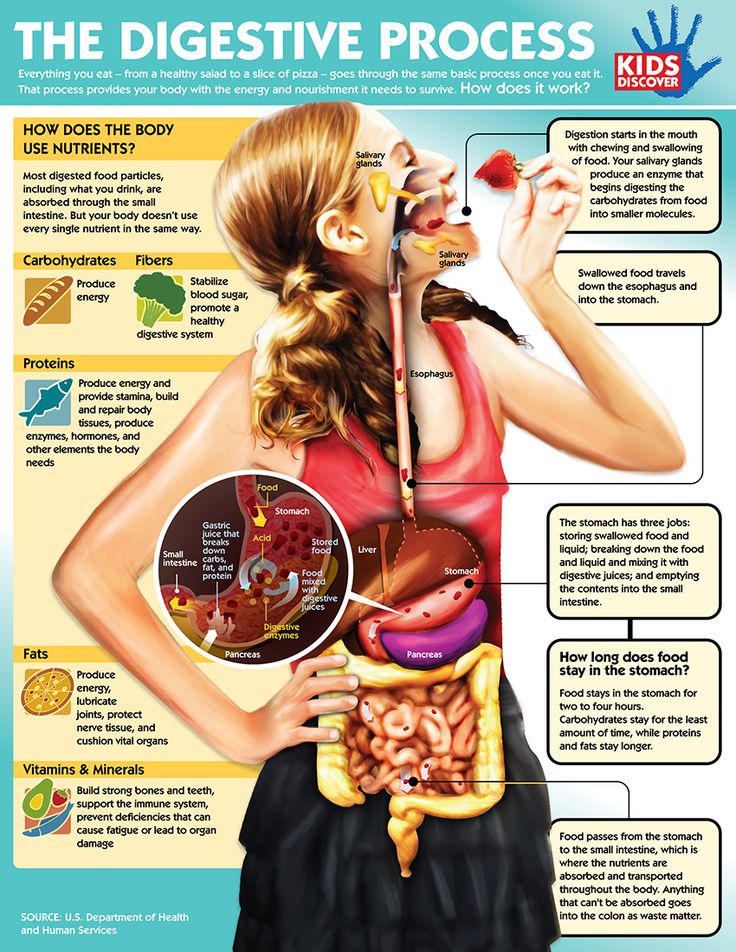
Search for a center near you
5. Blueberries
Whether fresh or frozen (winter is coming), blueberries are a super source of multiple antioxidants (especially the flavonoid compound, anthocyanins), which can help fight off all sorts of illnesses. Blueberries are also a good source of vitamin C—and while research has found that vitamin C actually does little to prevent colds, it may help ease symptoms if your child is already sick.
Whole blueberries are a choking hazard, but you can blend these sweet-tart beauties up alone (if sweet enough) or mix them with apples, bananas, pears, yogurt, oatmeal, or beef for a heartier baby-friendly meal.
* Check with your doctor before serving any new foods to your baby: Most little ones take their first bites around six months, but regardless of age, he should be able to sit in a high chair and have good head control. The standard advice is to start with single-ingredient purées—wait three days before introducing another food to confirm your baby isn’t experiencing an allergic reaction such as rash, diarrhea, or vomiting. Never add salt or sweeteners.
Never add salt or sweeteners.
Cooking And Nutrition Caring For Kids KinderCare Cooks Eating New Baby Infant Baby Food Nutrition Fall Winter Infant (0-1)
How to raise the child's immunity.
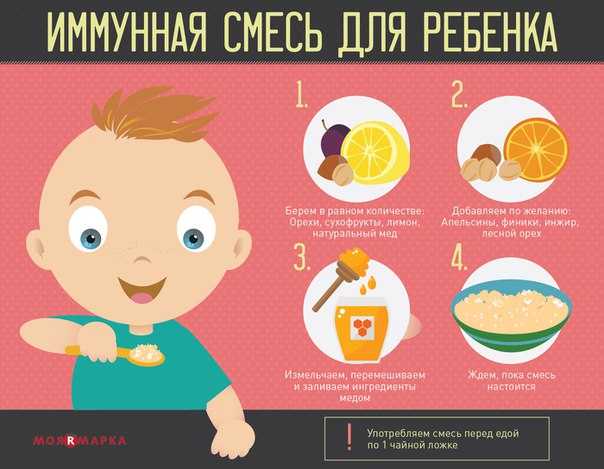 Folk remedies for immunity for children
Folk remedies for immunity for children Oh, this is a mysterious capacious word "immunity"! Pediatricians attribute numerous catarrhal childhood illnesses to his immaturity, saying that, they say, immunity will strengthen and the child will stop getting sick.
Do you really want to help the process of strengthening immunity and speed it up! What can you, a caring mother, do to protect the baby? It turns out that some products help to strengthen the immune defense of the child. Well, it’s up to parents to ensure proper nutrition of the crumbs! Here are some of the most immune-boosting foods. nine0003
Dairy and fermented milk products enriched with probiotics, live lactobacilli and bifidobacteria. To date, it has been proven that the intestine is the largest organ of the immune system. It is the composition of the intestinal microflora that affects the formation and proper functioning of the immune system. If a child regularly receives probiotics with dairy and sour-milk products from the first days of life, this will contribute to the formation of healthy intestinal microflora, which will protect him from infections and allergies.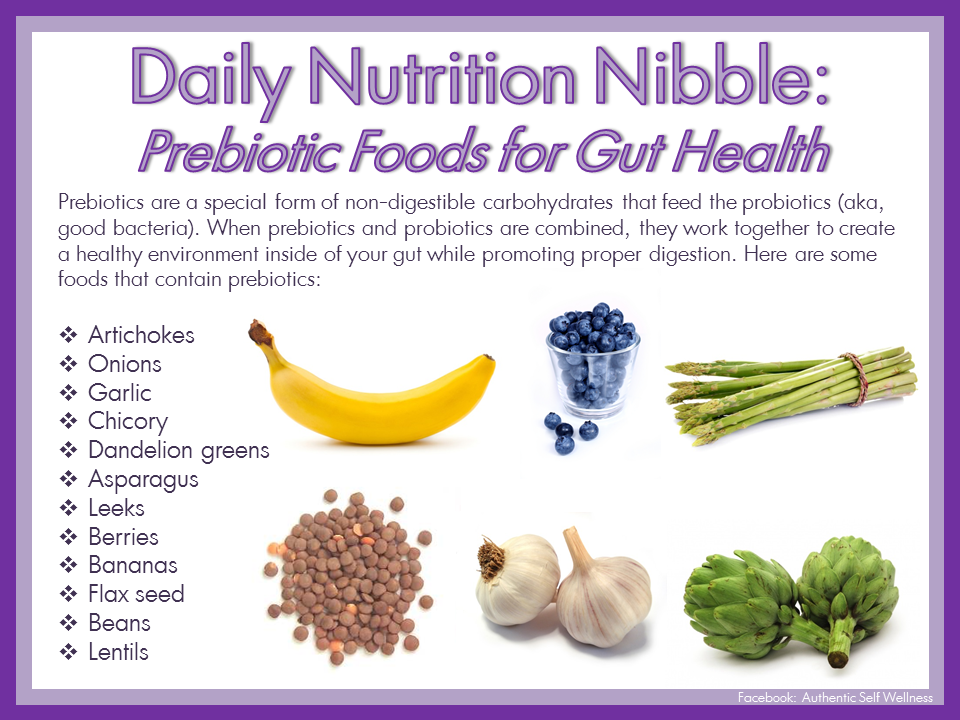 nine0003
nine0003
Choose a milk for a baby over a year old
Fresh fruits and vegetables are rich in vitamins A, E and C, which are essential for the immune system. The leader among immunity assistants is vitamin C. There is a lot of it in young cabbage, citrus fruits and other fruits, in greenery. Vitamin A is rich in carrots, sweet peppers, and tomatoes. Tomatoes also contain the substance lycopene, which belongs to antioxidants and protects our body from adverse environmental influences. Vitamin E is involved in the production of specific antibodies that fight viruses. He settled in spinach and lettuce, as well as in beets. nine0003
Berries are a storehouse of vitamins and trace elements and a faithful helper of the immune system. Rosehip is a berry favorite - it contains a large amount of vitamins A and C. Therefore, a rosehip decoction must be present in the child's diet. Sea buckthorn and blackcurrant are also rich in vitamin C. Do not ignore cranberries and blueberries, give these berries to your child regularly.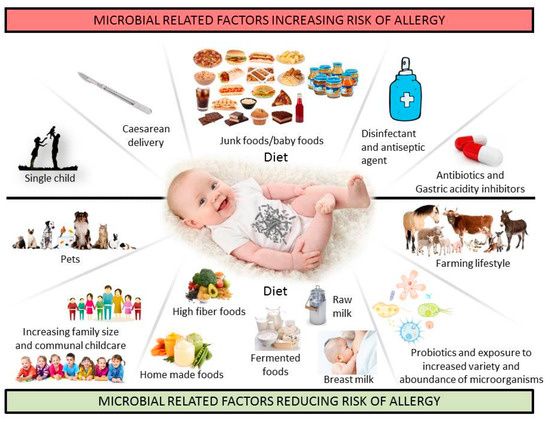
Nuts, seeds - rich in vitamin A, E. Pumpkin seeds also contain zinc. Studies have shown that zinc inhibits the reproduction of rhinoviruses, the causative agents of the common cold. In the case of taking zinc preparations, the frequency and duration of ARVI is reduced. Walnuts contain ellagic acid, which is a good antioxidant. nine0003
Fatty fish contains omega-3 fatty acids that protect against many diseases. Vegetable oil is also rich in polyunsaturated omega-3 fatty acids. It is recommended to use in the diet not only the usual sunflower oil, but also olive, mustard, hemp, corn and so on.
Meat is rich in protein, which is very important for the functioning of the immune system. But the meat should be lean, with a minimum fat content. It is in it that zinc is contained in large quantities, which protects a person from various infections. nine0003
Onions and garlic are natural antiseptics due to the content of antimicrobial substances - phytoncides.
Teas, both black and green to a greater extent, contain antioxidants that protect our body from the attack of harmful substances.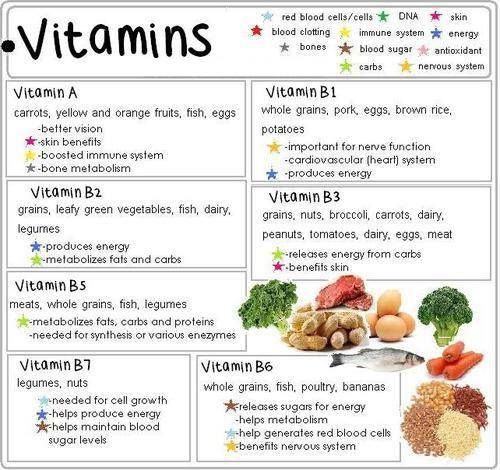
Seafood is rich in zinc, which is necessary for the production of white blood cells that fight pathogens.
Of course, it should be borne in mind that not all of the listed products are suitable for a child, especially a very small one. Of course, a baby who has only recently become acquainted with the taste of products other than mother's milk should not be given garlic or seeds. But in no case should you forget about such products as meat, vegetable oil, fruits and berries, kefir and vegetable oil. Give them regularly, in sufficient quantity and assortment, thereby laying the foundations for good health and reliable functioning of the child's immunity. nine0003
Immunity Boosting Products: List of Immunity Boosting Products for Adults and Children
The immune system has a difficult task: it must always be ready to notice and respond correctly to the "invasion" of pathogens, to identify the "enemy". To function properly, the immune system needs a balanced diet, which should include immune-healthy foods. Therefore, scientists consider optimal nutrition to be the one that supports the functioning of the body, including immune cells, allowing you to quickly launch and regulate the immune response when necessary. Read more in the source "> 1.
Therefore, scientists consider optimal nutrition to be the one that supports the functioning of the body, including immune cells, allowing you to quickly launch and regulate the immune response when necessary. Read more in the source "> 1.
List of products that increase immunity
The benefits of products for immunity are due to their composition, namely the nutrients they contain (biologically active elements that come from food and participate in the metabolism, necessary for the life of the body). Micronutrients are necessary for a variety of processes in the body, but some vitamins and minerals play a special role in ensuring the normal functioning of the immune system in case of violations.
Among the primary nutrients that increase immunity, there are vitamins such as A , C , D and groups B , as well as trace elements selenium, iron, zinc and copper Read more in the source "> 2.
Berries are a source of antioxidants Read more in the source ">3
Maintaining immunity largely depends on whether the body receives enough micronutrients, including antioxidants to fight free radicals.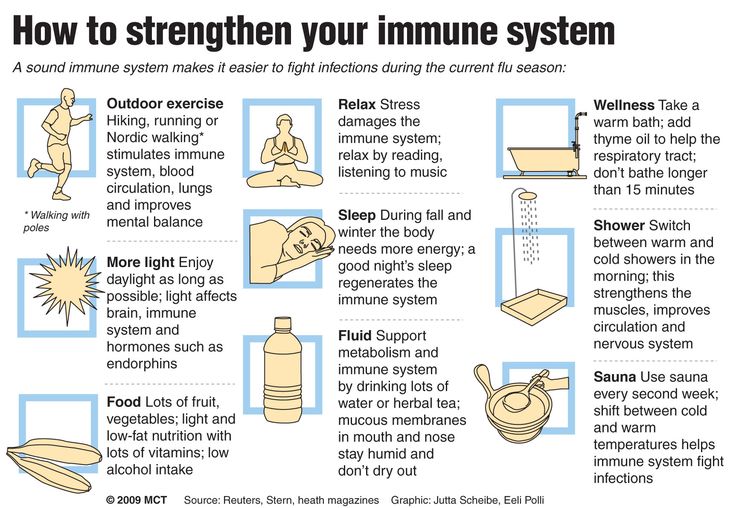 Free radicals are a by-product of a vital chemical process: thanks to oxygen, cells receive energy, but in parallel, reactive oxygen species, oxidants, are formed that destroy cells. The body has its own antioxidant defense, but it is not omnipotent - otherwise a person would not get sick and grow old. nine0003
Free radicals are a by-product of a vital chemical process: thanks to oxygen, cells receive energy, but in parallel, reactive oxygen species, oxidants, are formed that destroy cells. The body has its own antioxidant defense, but it is not omnipotent - otherwise a person would not get sick and grow old. nine0003
Berries are a good source of antioxidants. List of berries richest in antioxidant properties Read more in the source "> 4, Read more in the source"> 5.
- sea buckthorn
- blueberry
- grapes
- cherry
- chokeberry
- currant
Foods rich in vitamin C
Vitamin C is one of the most famous antioxidants. It has an anti-inflammatory effect and enhances the effect of other antioxidants. Read more in the source "> 6. Many animals can synthesize it, but humans cannot. Read more in the source"> 7. In addition, this useful vitamin does not accumulate in the body. Therefore, foods rich in vitamin From , must be in the diet constantly.
Therefore, foods rich in vitamin From , must be in the diet constantly.
Fruits and vegetables abound in this nutrient. The World Health Organization (WHO) recommends eating at least 400 grams (5 servings) of vegetables and fruits per day. Read more in the source "> 8. This will allow you to provide yourself with a daily intake of vitamin C .
A lot of vitamin C in exotic fruits "However, Russian nutritionists treat them with doubt: the fruits are harvested immature, they still do not have enough necessary vitamins. In addition, the fruits are subjected to chemical treatment for safety during transportation. Read more in the source"\u003e 9. Therefore, it will be more reliable to include in your diet the following products that strengthen immunity Read more in the source "> 10.
- blackcurrant
- parsley
- broccoli
- Brussels sprouts
- red and green peppers
- strawberry
- citrus
- tomato juice and tomatoes
- spinach
- melon nine0065
- dairy and fermented milk products, especially cheese
- chicken eggs
- sea oily fish and seafood
- rabbit meat
- beef, veal, lamb, pork
- grape seed oil Read more in the source "> 34, Read more in the source"> 35
- cedar oil Read more in the source">36
- black cumin seed oil Read more in the source">37
- sesame oil Read more in the source">38
- camelina oil Read more in the source">39
- apple juice Read more in the source "> 46 - not so much because of the presence of vitamin C , but because of the overall antioxidant activity: in 1 apple it is equivalent to 1500 milligrams of vitamin C .
- orange Read more in source ">47" - contains vitamins C , B-6 , magnesium, potassium.
- carrot Read more in the source "> 48 - one of the most important sources beta-carotene , but to convert it into vitamin A necessary for immunity, fats are needed, for example, a drop of vegetable oil or cream.
- tomato Read more in the source "> 49 - one glass contains the daily norm of the antioxidant substance lycopene .
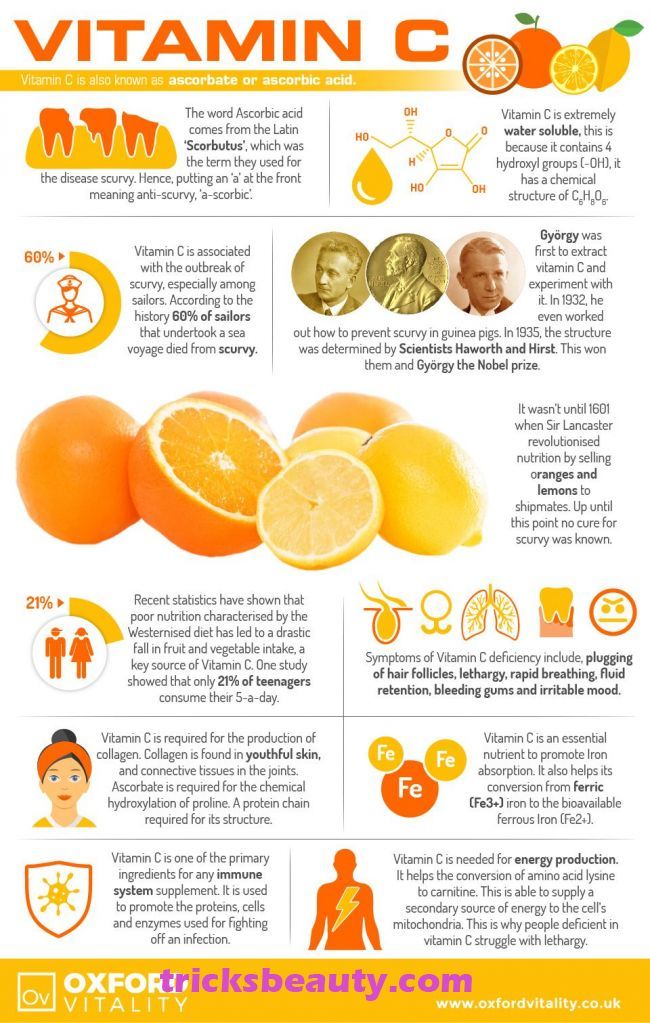 This juice has a beneficial effect on the intestinal microflora Read more in the source "> 50.
This juice has a beneficial effect on the intestinal microflora Read more in the source "> 50. - unsweetened green vegetable juices - they contain a lot of chlorophyll, or a substance that strengthens the immune system, creates an uncomfortable environment for pathogens Read more in the source "> 51. Fresh juices can be created from combinations of cucumber, celery, broccoli, green herbs, green bell pepper, spinach
- sardine
- salmon
- trout
- cod nine0053 shrimp
Choose your own impaired
Raspberry seal
Forest berries
Multipher
Tutti-Frutti
Strawberries
products rich in Lizin
for immunity are very important for the “Building materials” of the body: they consist of necessary for life: they consist of necessary for life.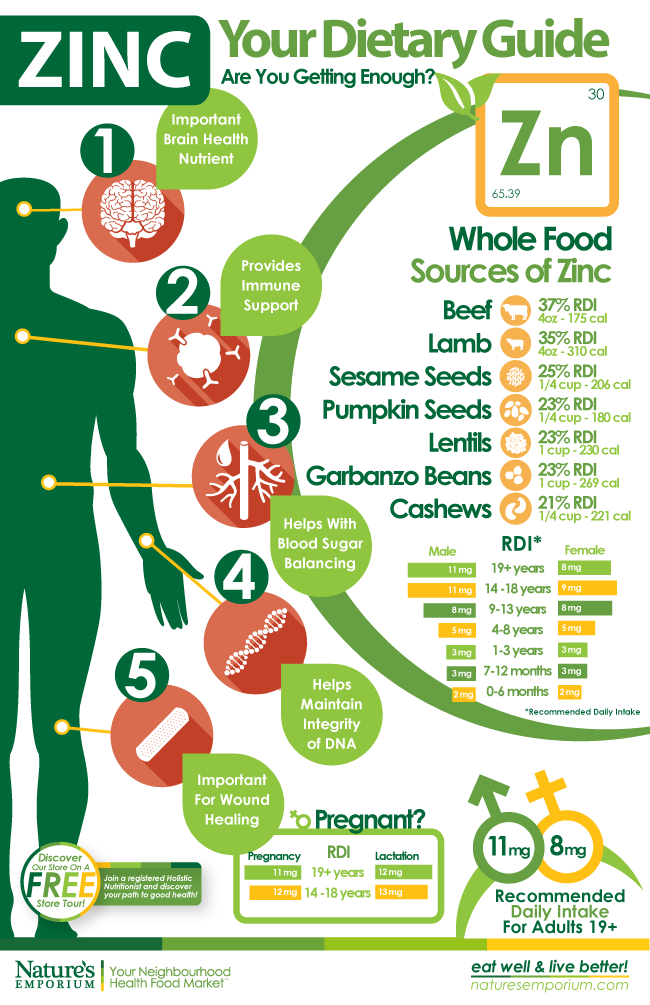 amino acids Read more in the source "> 11. One of them is lysine Read more in the source"> 12. The body itself cannot produce this amino acid. You can only get it from food or nutritional supplements. Symptoms of lysine deficiency largely coincide with signs of reduced immunity: fatigue, weakness, poor appetite, deterioration of the skin and hair. At the same time, studies have shown that lysine supplements helped children who often get colds Read more in the source "> 13.
amino acids Read more in the source "> 11. One of them is lysine Read more in the source"> 12. The body itself cannot produce this amino acid. You can only get it from food or nutritional supplements. Symptoms of lysine deficiency largely coincide with signs of reduced immunity: fatigue, weakness, poor appetite, deterioration of the skin and hair. At the same time, studies have shown that lysine supplements helped children who often get colds Read more in the source "> 13.
Lysine is also needed to create antibodies that fight pathogens Read more in the source "> 14, Read more in the source"> 15. One form of this amino acid has anti-inflammatory properties and supports intestinal health, which, in turn, is responsible for the absorption of substances necessary for immunity Read more in the source "> 16.
Lysine is abundant in animal products Read more in the source" :
Lysine is also found in plant foods - legumes, nuts, cereals.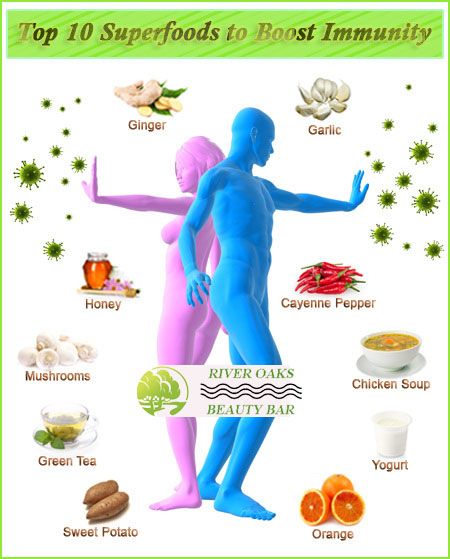 However, the concentration of this acid in them is much less. Herbs strengthen the immune system.The most useful of the herbs are:
However, the concentration of this acid in them is much less. Herbs strengthen the immune system.The most useful of the herbs are:
Chamomile: relieves fever and slows down inflammation. Read more in the source ">19.
Sage Read more in the source"> 20: has an immunomodulatory, antioxidant and anti-inflammatory effect.
Milk thistle: contains a complex of antioxidant substances that help boost immunity Read more in the source ">21. Scientists call rosemary a promising agent for combating pathogenic microorganisms. Read more in the source "> 23.
Calendula: it contains a lot of beta-carotene, from which vitamin A is synthesized . Reduces inflammation, has antibacterial properties. Read more in the source ">24.
St. John's wort: is rich in antioxidants, has antibacterial and antiviral activity. Read more in the source">25.
Melissa officinalis: high in antioxidants and essential oil.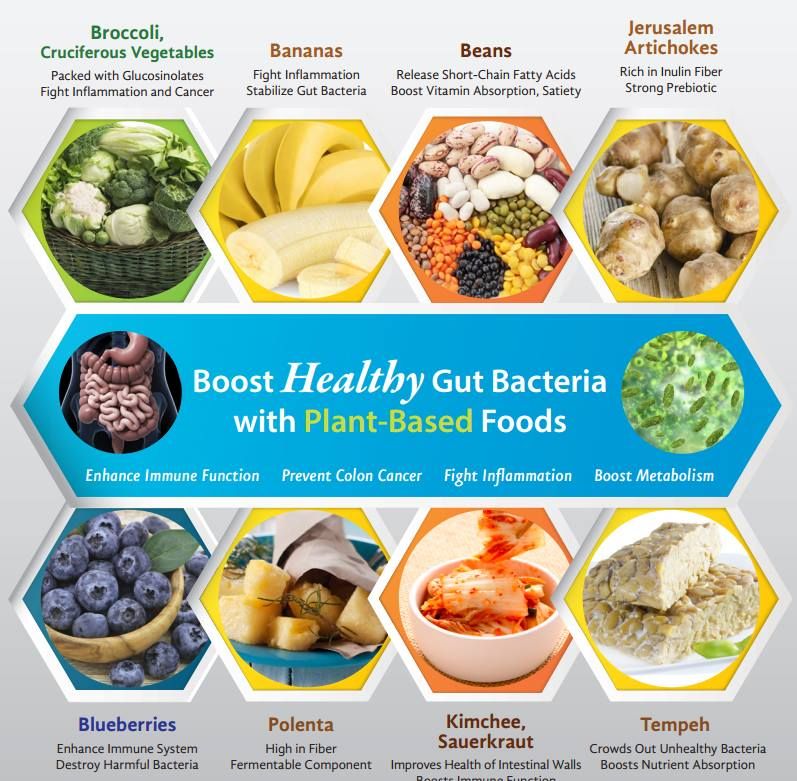 Melissa has antibacterial and antiviral properties Read more in the source "> 26.
Melissa has antibacterial and antiviral properties Read more in the source "> 26.
The use of any medicinal herbs should be approached with caution due to their pronounced effect on the body, they should not be treated as ordinary herbal tea. Their turnover is regulated by the Law "On the Circulation of Medicines", therefore medicinal herbs are sold in pharmacies. In addition, many herbs have contraindications for use.
Fresh greens
As a rule, greens are rich in vitamins A , E and group B . nine0003
Parsley has long been used for many ailments. Some of its properties, including anti-inflammatory, are also used by modern medicine. Read more in the source "> 27.
Spinach is rich in substances that in the body are converted into vitamin A with very high efficiency Read more in the source"> 28.
Arugula contains anti-inflammatory substances. Arugula contains beta-carotene, which is converted to vitamin A , as well as vitamins B , C , K Read more in the source "> 29, Read more in the source"> 30.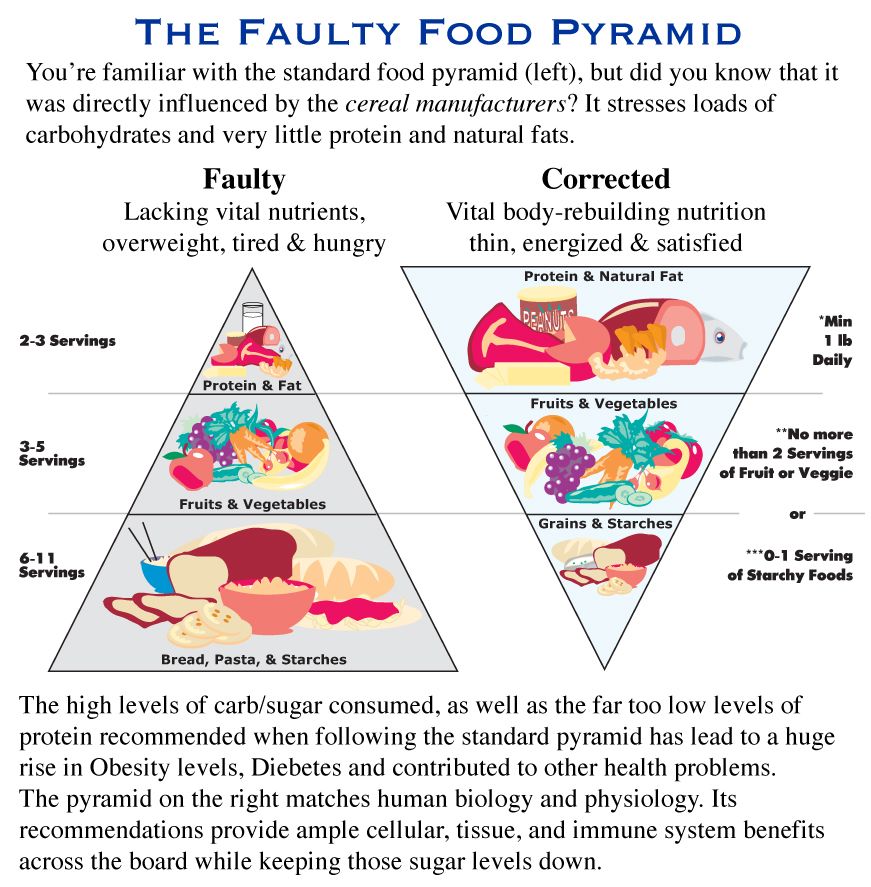
Dill showed an anti-inflammatory effect in laboratory experiments. It also contains a lot of vitamins A , B3 and antioxidant substances Read more in the source "> 31.
Cilantro - a potential source of substances that play an immunomodulatory role, contains many bioactive substances Read more in the source"> 32. nine0003
Oils
Vegetable oils are the richest source of vitamin important for immunity E . But oils are very high in calories, you need to use them little by little. For example, add to a salad as a dressing. Cold-pressed oils are especially useful. Read more in the source "> 33: in this case, the seeds are crushed raw and nutrients are better preserved.
In addition to the well-known olive and sunflower oils, which are rich in polyunsaturated fatty acids Omega 3 , 6 and 9 , useful for immunity are:
There is another special group of oils that have long been used in medicine - essential oils. For example, basil essential oil exhibits antimicrobial activity. Read more in the source "> 40. However, not all essential oils have been proven to be effective. In addition, they may be contraindicated for some people.
For example, basil essential oil exhibits antimicrobial activity. Read more in the source "> 40. However, not all essential oils have been proven to be effective. In addition, they may be contraindicated for some people.
Fresh juices Read more in the source"> 41
In general, fruits are preferred over juices. Fruits have a lot of fiber, and it creates a feeling of satiety. There is little fiber in juices, which is why we risk consuming more calories, giving preference to them. Read more in the source "> 42.
However, juice helps to quickly get a large dosage of essential vitamins.
For example, 100 grams of tomatoes contain 13.7 milligrams of vitamin C. Read more in the source "> 43, and 100 grams of tomato juice - 45 milligrams. Read more in the source"> 44.
Unlike juices in bags, fresh juices retain almost all vitamins, if you drink them immediately after preparation, we risk consuming more calories, giving them preference Read more in the source "> 45. Some juices are undesirable to drink in a concentrated form: they can irritate the gastric mucosa "It is recommended to dilute them with water. Also, nutritionists do not recommend drinking fresh juices on an empty stomach. But you should not abuse juices and drink more than one glass a day.
Some juices are undesirable to drink in a concentrated form: they can irritate the gastric mucosa "It is recommended to dilute them with water. Also, nutritionists do not recommend drinking fresh juices on an empty stomach. But you should not abuse juices and drink more than one glass a day.
The most useful juices are considered:
Fish and seafood
Fish, especially from cold seas, as well as seafood are rich in Omega-3 polyunsaturated fatty acids. Read more in the source "> 52. They are important for the integrity of cell membranes, have anti-inflammatory activity, optimize protective functions in the body.
Leaders in Omega-3 :
Nuts Read more in the source "> 53
Nuts are rich in vitamin E , as well as polyunsaturated fatty acids omega-3 .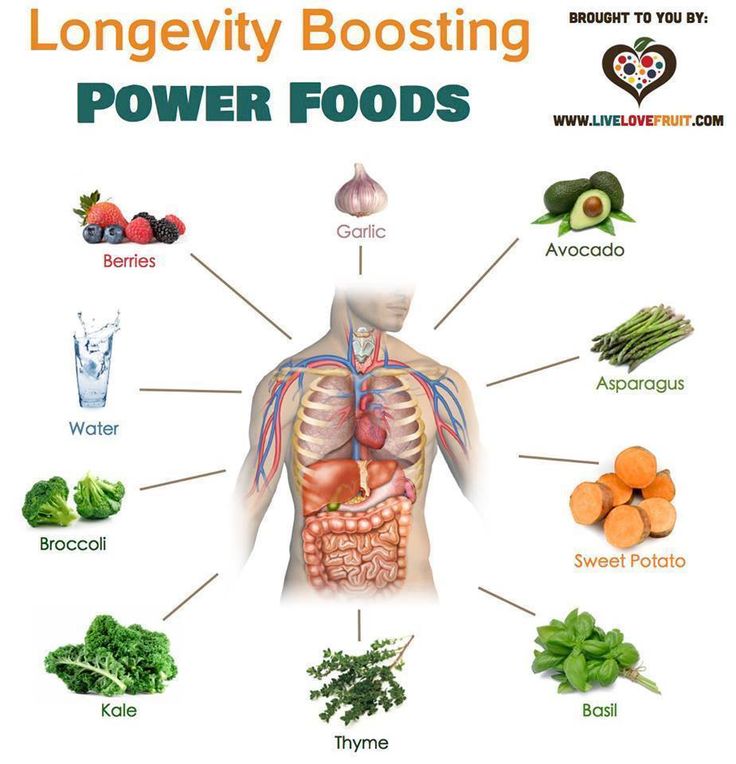 However, they are very calorie, nutritionists advise to eat no more than 30 grams per day.
However, they are very calorie, nutritionists advise to eat no more than 30 grams per day.
Walnut contains a lot of Omega-3 Read more in the source "> 54. Cedar - a source of many minerals, including zinc, which is necessary for immunity. Read more in the source "> 55. Almond contains not only vitamin E , due to which it is considered a natural antioxidant, but also other valuable vitamins, minerals and biologically active substances that have beneficial properties for health Read more in the source "> 56. Hazelnut reduces the risk of inflammatory processes, rich in vitamins, minerals and compounds that affect the immune system Read more in the source "> 57. Pistachios are less fat and caloric than all other nuts, they have the highest level of unsaturated fatty acids, potassium, vitamin E Read more in the source ">58.
Brazil nuts are actually seeds: it does not have a shell. This is one of the richest sources of the trace element selenium Read more in the source"> 59.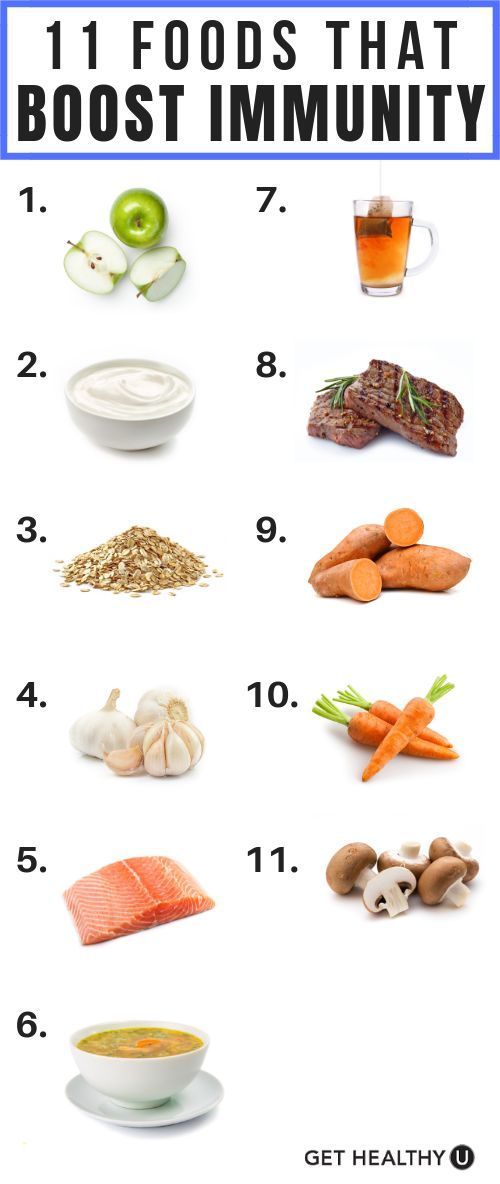
Also useful are pecan and macadamia .
In all cases, preference should be given to unsalted nuts.
Fermented Dairy Products
Fermented Dairy Products are an example of how beneficial probiotic microorganisms from the outside help the immune system. For example, the fermented milk drink "Imunele" contains live probiotic lactobacilli: they prevent the development of pathogenic microorganisms, help our own microbiota protect the intestinal mucosa and ensure good immune function. Also in "Imunel" there is a complex of vitamins necessary for immunity A , E , D and groups B . One bottle of this drink provides up to 30% of the daily value of these micronutrients. Two bottles a day are enough to maintain immunity.
Green tea
Unlike black tea, this tea is not fermented: the fresh leaves are dried and steamed. This allows you to save more antioxidants, including the substance epigallocatechin gallate, EGCG Read more in the source "> 60.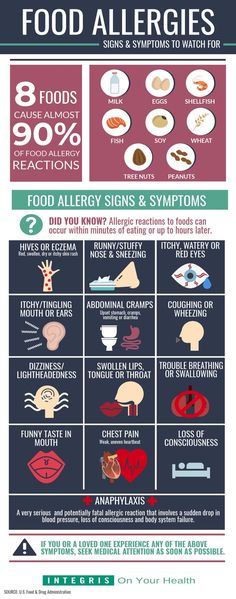 Scientists see great potential in it, so they are currently actively researching its properties for use in medicine Read more in the source"> 61. nine0003
Scientists see great potential in it, so they are currently actively researching its properties for use in medicine Read more in the source"> 61. nine0003
Vegetables
Dietitians recommend using vegetables of different colors, because the predominance of certain microelements and vitamins gives them a hue. If you make a dish of colorful vegetables, you can be sure that you have eaten a whole "vitamin complex".
Adults and children should include at least 400 grams of fruits and vegetables in their daily diet. The conditional top of the most useful includes broccoli, tomatoes (although from a botanical point of view it is a berry), Brussels sprouts, carrots, pumpkin, sweet potato, eggplant, bell pepper, spinach, onion. nine0003
Products that reduce immunity
Doctors and scientists fear that the diet of a modern person negatively affects health and may affect the functioning of the immune system, which leads to malfunctions in its work Read more in the source "> 62.